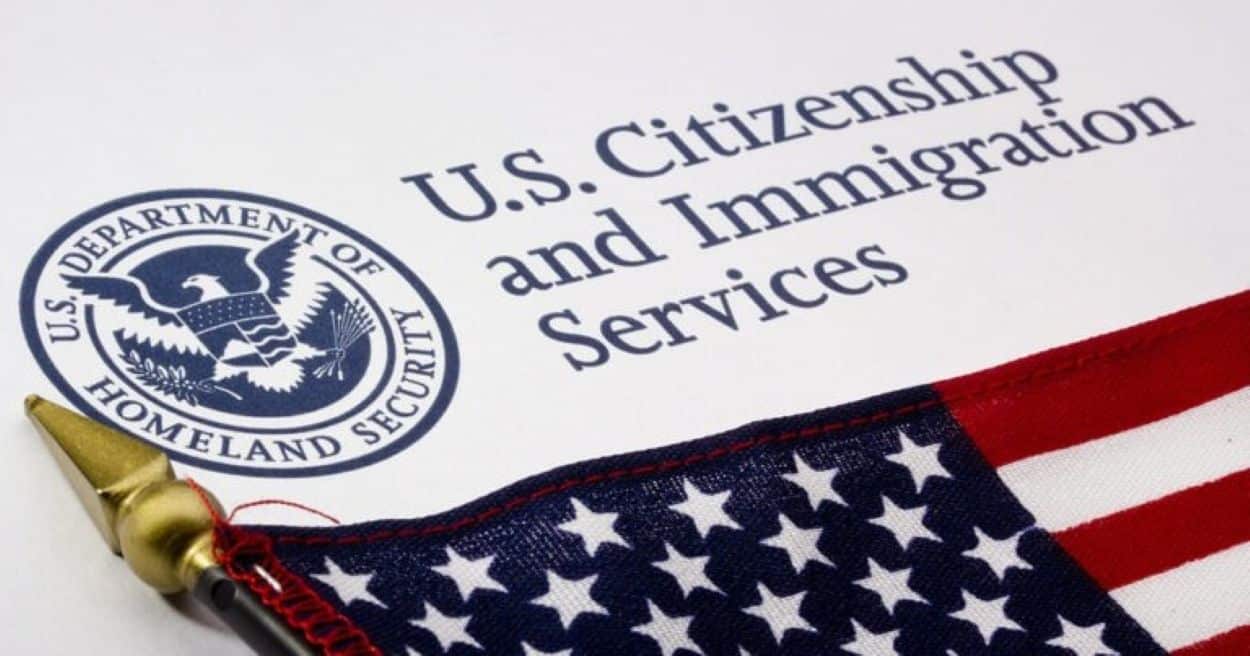On August 4, 2025, the U.S. Citizenship and Immigration Services (USCIS) announced updates to its immigration policy that restrict visa eligibility for transgender women who wish to compete in women’s sports.
According to USCIS spokesperson Matthew Tragesser, the new guidelines consider “the fact that a male athlete has been competing against women” as a negative factor when evaluating petitions for O-1A visas (for individuals with extraordinary ability), EB-1 and EB-2 green cards (for highly skilled workers), and national interest waivers.
USCIS spokesperson Tragesser stated, “USCIS is closing the loophole for foreign male athletes whose only opportunity to succeed in elite sports is by changing their gender identity to leverage their biological advantages against women.”
Men do not belong in women’s sports.
We’re dedicated to opposing male participation in women’s sports as a matter of safety, fairness, respect, and truth.
In support of Executive Order 14201, Keeping Men Out of Women’s Sports, we’ve clarified eligibility for certain visa… pic.twitter.com/lNbs5eep6w
— USCIS (@USCIS) August 4, 2025The policy emphasises safety, fairness, respect, and truth, ensuring that only female athletes are granted visas for women’s sports competitions. This aligns with the broader efforts of the Trump administration to regulate transgender participation in athletics, including various state-level policies.
The update follows similar actions, such as World Athletics mandating gene tests for female category eligibility and the United States Olympic & Paralympic Committee revising its policy in July 2025 to comply with Trump’s February 2025 executive order, “Keeping Men Out of Women’s Sports.” Critics argue the order infringes on transgender rights, while supporters view it as restoring fairness.
The policy may affect foreign athletes applying for U.S. visas by requiring USCIS to closely examine their participation in women’s sports. This could discourage transgender women from seeking athletic opportunities in the U.S., igniting discussions about discrimination versus equity. These changes highlight the ongoing legal and cultural battles surrounding transgender inclusion in sports.






